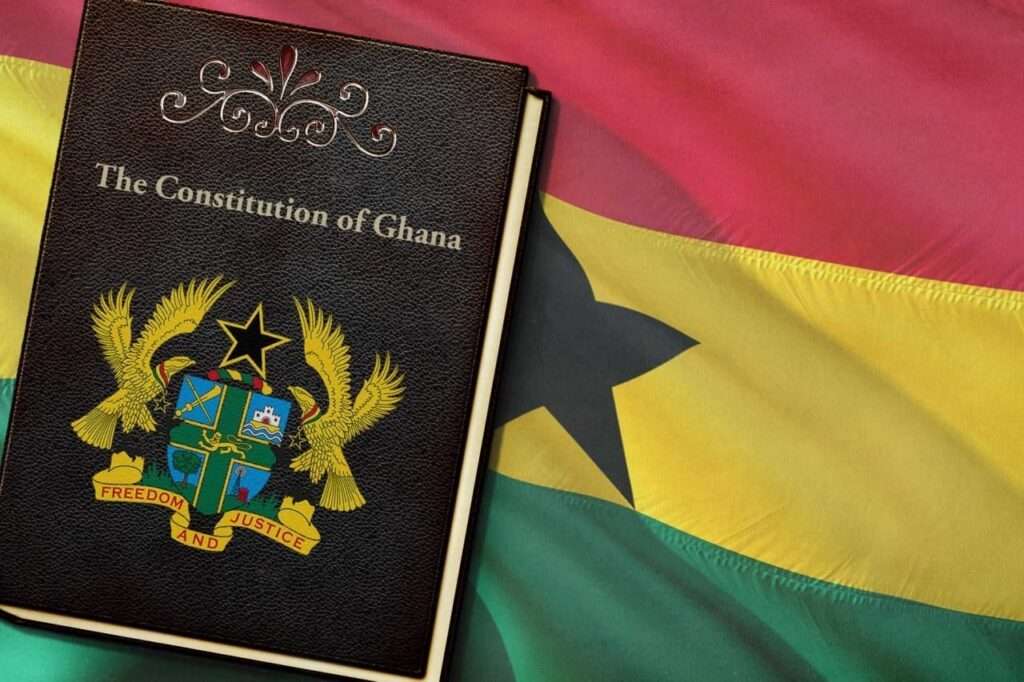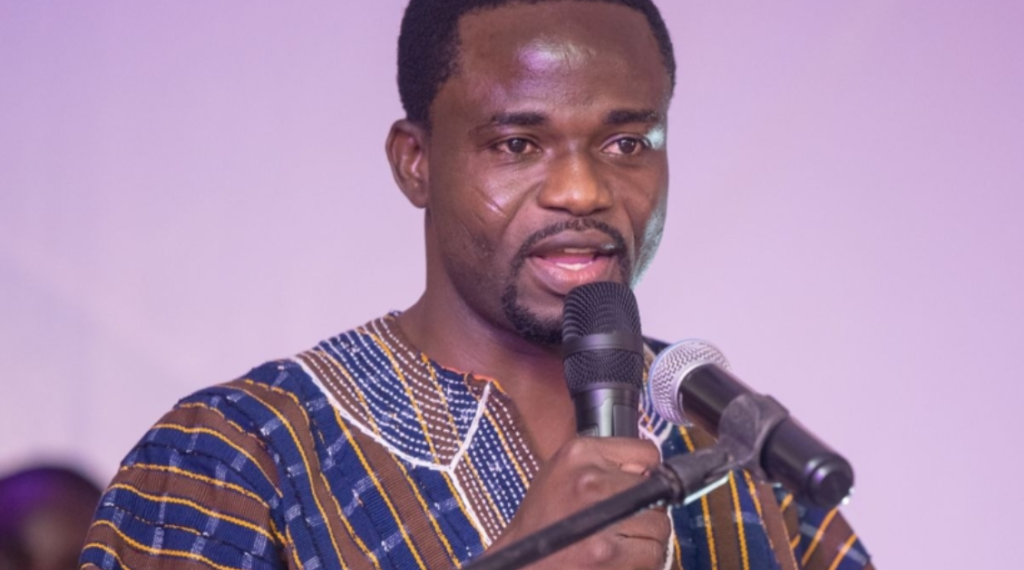Amid heated national debates about the security of tenure for public officials, investigative journalist and political commentator Manasseh Azure Awuni has called for a fundamental rethink of how the concept is applied in Ghana.
His comments come at a time when the country is grappling with deep divisions over the controversial removal of Chief Justice Gertrude Torkornoo, a move that has sparked nationwide discussions about the independence of key public institutions.
According to Awuni, security of tenure was never intended to shield corrupt officials or those who use their positions to serve narrow, selfish interests.
Instead, it exists to safeguard individuals who act with integrity, fairness, and impartiality, regardless of which political party holds power.
“Security of tenure is there to protect public officials who do the right thing, those who stick with the principles of integrity, fairness, and impartiality, irrespective of the political party in power.”
Manasseh Azure Awuni

Accordingly, Awuni emphasized the importance of creating a fair system that both safeguards honest public officials and ensures that those who misuse their positions face consequences.
He explained that this balance can only be achieved by setting clear guidelines for how security of tenure is applied, making it harder for politicians to unjustly target officials acting with integrity while making it easier to remove individuals who exploit their office for personal gain.
Raising Standards For Ethical Behaviour
Manasseh Awuni further emphasized that Ghana must prioritize setting higher expectations for ethical conduct among public officials instead of making it harder to take action against misconduct.
He stressed that the focus should be on elevating standards of integrity and accountability rather than raising the bar for what qualifies as wrongdoing before a removal can take place.
He illustrated this point with a vivid analogy. If a junior staff member, such as a cleaner, is caught stealing just GHC 5.00 and is immediately dismissed, there should not be leniency for senior officials found guilty of similar offences simply because of their status.
Instead, the public should expect even stricter standards from those entrusted with significant power and responsibility.

Awuni believes that the higher the office, the greater the duty to act with transparency and moral fortitude. When senior officials fail to meet these expectations, the consequences should be swift and uncompromising.
“We cannot keep on jailing yam and goat thieves, but when a top official steals a goat or embezzles its monetary equivalent, we say, ‘It’s too harsh to remove such a high office holder for stealing a mere goat.’”
Manasseh Azure Awuni
His statement highlights what many Ghanaians see as a troubling double standard in the justice system — one that punishes the poor harshly for minor crimes while shielding the powerful even when their wrongdoing has far-reaching effects.
Protecting Public Interest, Not Political Power
Manasseh Awuni warned against the tendency to treat certain high-ranking officials as untouchable. By doing so, he argued, the state risks undermining public confidence in its institutions.
According to the investigative journalist, the conversation should not be about protecting powerful figures at all costs but about ensuring that public offices serve the greater good.
When leaders use their positions to engage in corruption or political manipulation, they betray the very purpose of security of tenure.

He likened the misuse of tenure protections to raising the threshold for misconduct to absurd levels, suggesting that such practices allow corruption to flourish unchecked.
“We must not raise their threshold to the theft of herds or cattle elephants,” Awuni cautioned, underscoring that failure to act decisively against wrongdoing creates a culture of impunity.
Awuni’s comments also indirectly touch on the recent controversy surrounding the judiciary, where questions have been raised about whether political interference played a role in the removal of the Chief Justice.
For him, the solution lies in creating a robust system that prevents political actors from targeting independent officials while simultaneously holding those officials accountable for their actions.
A Call For Accountability, Reform Amid Issues of Security of Tenure
Meanwhile, Manasseh Awuni’s remarks serve as a clarion call for Ghana to re-examine how security of tenure is implemented across its public institutions.

While the principle is vital for protecting the independence of key offices, it must not become a shield for corruption or incompetence.
His perspective suggests that Ghana’s democratic health depends on finding a balance between safeguarding principled leaders and creating mechanisms for the swift removal of those who betray the public trust.
As debates over the judiciary and other institutions continue to intensify, Awuni’s words remind Ghanaians that integrity should always be the foundation of public service.
Only by holding everyone — from the lowest-ranking employee to the highest officeholder — to the same ethical standards can the nation build a truly just and accountable system of governance.
READ ALSO: Kofi Adjorlolo Sparks Nollywood Debate Over Ghanaian Fame























